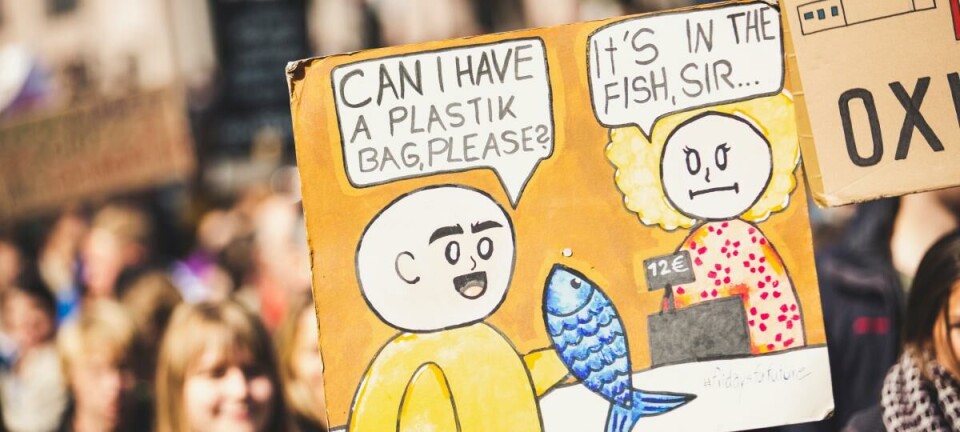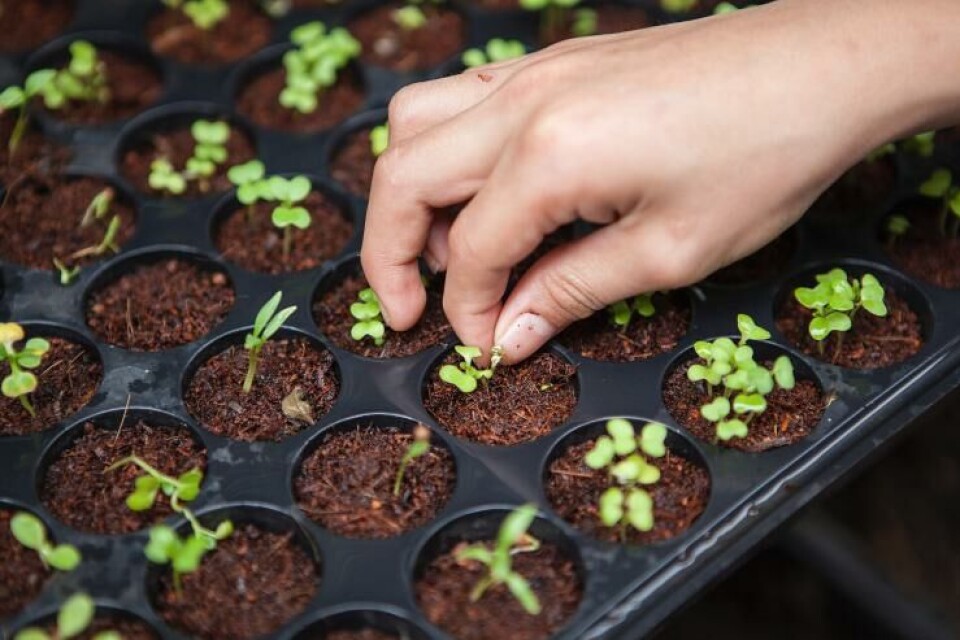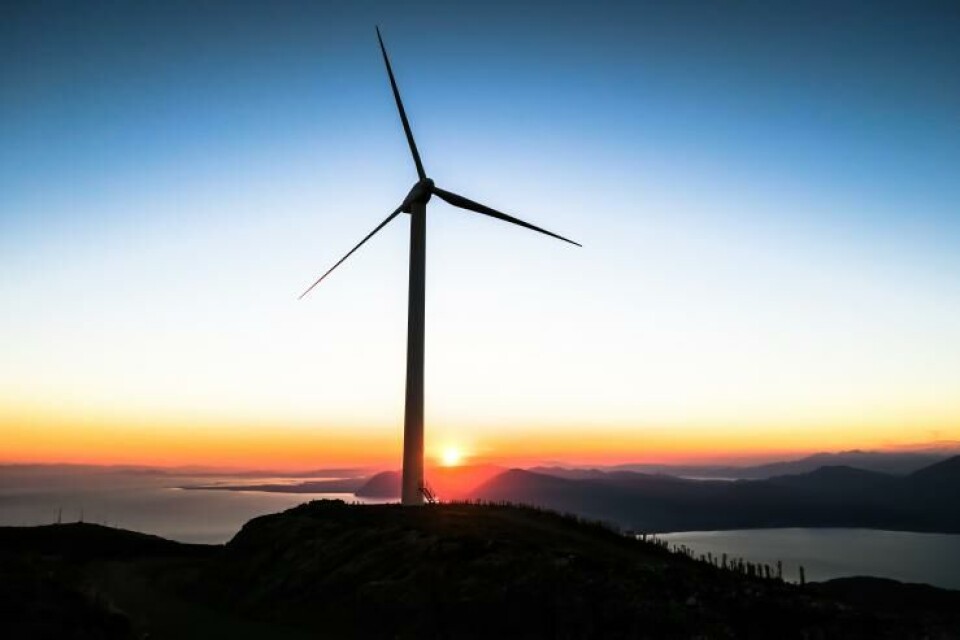article> Opinion/Politics
Our Collective Environmental Responsibility

How can we truly live in a more sustainable society? Are individual lifestyle changes enough? What about governments and businesses?
by David Abidaoud
Contributing Writer
Learning to live in an unwasteful fashion is something that everyone can benefit from. Is it not wonderful to be free from the excesses of overuse, to know that our consumption does not force itself onto others any more than necessary? Much of modern climate activism is focused on getting an individual to agree to be slightly more conservative in their own personal habits. This is indeed the cornerstone of sustainable development. One can argue that our global habits are a reflection of our personal and individual norms.
How can we expect to live in a world operating under a circular economy if nobody tries to live in a circular and sustainable way?
While there is nothing wrong with the promotion of a responsible lifestyle, we should be cautious. Often we are quick to criticize the habits of those around us when perhaps they are not the biggest issues to be solved. As the ecological situation worsens, we should ask ourselves - why is it getting worse? The answer is already well known and very simple. Governments and businesses - those in control of human production - are simply not as responsible as the individual, at least from an ecological point of view. Who is it that dumps thousands of tons of trash into the ocean? Not the individual, but the state. Who pumps billions of tons of CO2 into our atmosphere? Not the individual, but one of the countless businesses on the planet. Who must business obey? The government.

This is not meant to be an excuse for individuals to act rashly and to consume without any sense of duty for other fellow earthlings. What we see before us is a situation that is worsening and we are doing what we can to improve it, yet far too frequently those very people that do their best to live in a sustainable way, fail to be aware of serious political discussions. The 21st century has seen a sharp rise in populism, a fake-news phenomenon and general unpleasantness. Many people have chosen to simply ignore political developments because often they are so muddled by conflicting opinions that it is impossible to make sense out of it.
How can we have hope, however, if the brightest minds of our generation lay down the reigns of human destiny and leave politics to those whose positions we find despicable? Each and every one of us has no right to complain about a catastrophic collapse or gradual worsening of living conditions if we do nothing to change the course of events. Working on a personal level to change things is certainly positive.
All change must come from within and have a strong foundation on which to grow - but we must ensure that the soil around us is kept fertile.

So it is true that we must strive to avoid wastefulness, as the impacts of human development are also related to the mindset of humans driving that development. Humans conscious and avoidant of waste are less likely to allow wasteful practices to continue. We must also, however, tug at the sleeves of those who do not see things our way and try to explain our points of view to them, also trying to understand why they do things the way that they do. These people are our local governments and organizations. It’s our responsibility to be functional social neurons that help our society think and move towards correct conclusions. Just as a human brain works well when it’s neurons properly transmit signals and responses, a social brain requires conscious and responsible members to participate in governmental processes.
Otherwise, how can we ever expect correct and positive conclusions to be made about the world by the entities at the rudder of production and change.






